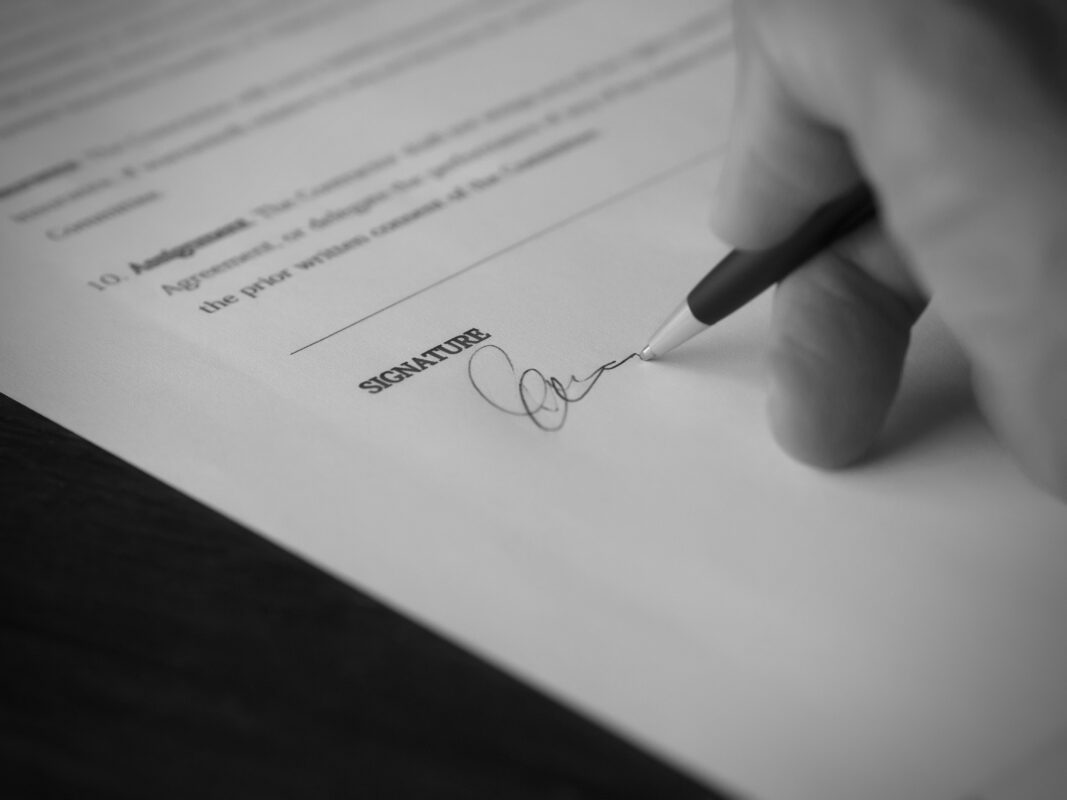Ease instead of discomfort
Dispokinesis is based on neurophysiology and deals with the posture, movement, breathing and expression of musicians. The goals are ease of playing motor skills, pain- and discomfort-free music-making, expressive variety and stage competence.

Cornelia Suhner -- To stand on stage and express yourself through your instrument, voice or as a conductor, it is not enough to be relaxed. The body needs support and stability so that playing motor skills feel free and effortless and music-making is accurate. The questions are: where - and how? In order to help musicians discover this, the Dutch pianist and physiotherapist Gerrit Onne v. d. Klashorst developed the so-called "exercises of the primal forms of posture and movement". They form the core of Dispokinesis, which was developed around 1950 especially for musicians and stage artists.
Dispokineters basically teach nothing new. Rather, they are masters both in eliminating artificially learned, inhibiting patterns and in uncovering, eliciting and developing the potential that lies within each individual. The core idea: the "Urgestalten" exercises are used to work through the human straightening process from lying down to crawling, sitting and standing. In the process, incorrect postures can be recognized and changed and the natural posture and straightening reflexes (front foot, legs, pelvis/lower abdomen) can be rediscovered and experienced. In this way, musicians find their way back to the original posture they acquired as a child.
The characteristics of "this" natural posture are dynamic stability in the lower body and, as a result, freedom in the upper body with relaxed shoulders and permeable arms and hands. Such a natural "disposition" is a basic prerequisite for fine motorized, light movements (fingers, lips, tongue), well-functioning breath control or a freely vibrating, brilliant sound.
Two further important areas are added to the exercises of the Urgestalten: in order to maintain a physiologically sensible posture when making music, the instrument is individually adapted to the body with a wide range of ergonomic aids. In addition, Dispokinesis offers special exercises (for all instruments, singing and conducting) to optimize instrumental and artistic skills - such as imagination and learning aids for fine motor playing technique, playing feel, breathing, dosing and differentiation skills and much more. The goals are expressive variety, stage competence and minimal use of force for maximum sonority, lightness and virtuosity.
Dispokinesis is taught both in individual sessions and in smaller groups - so that personal feedback is always possible - as well as in workshops and seminars. If necessary, Dispokineter work together with doctors and other therapists. This way of working is suitable for all those who want to improve their ability to play and express themselves and to exploit their full potential in sound creation. It is used preventively or as a pedagogical concept, but above all also for indications such as postural, movement and breathing disorders, as well as for playing inhibitions (embouchure insecurity, cramps, loss of sound, depressed high register, bow or lip tremors...), pain syndromes, stage fright or loss of control.
Cornelia Suhner
... is a flautist and works as a Dispokineterin, performance, expression and mental coach in Zurich and Bern.








